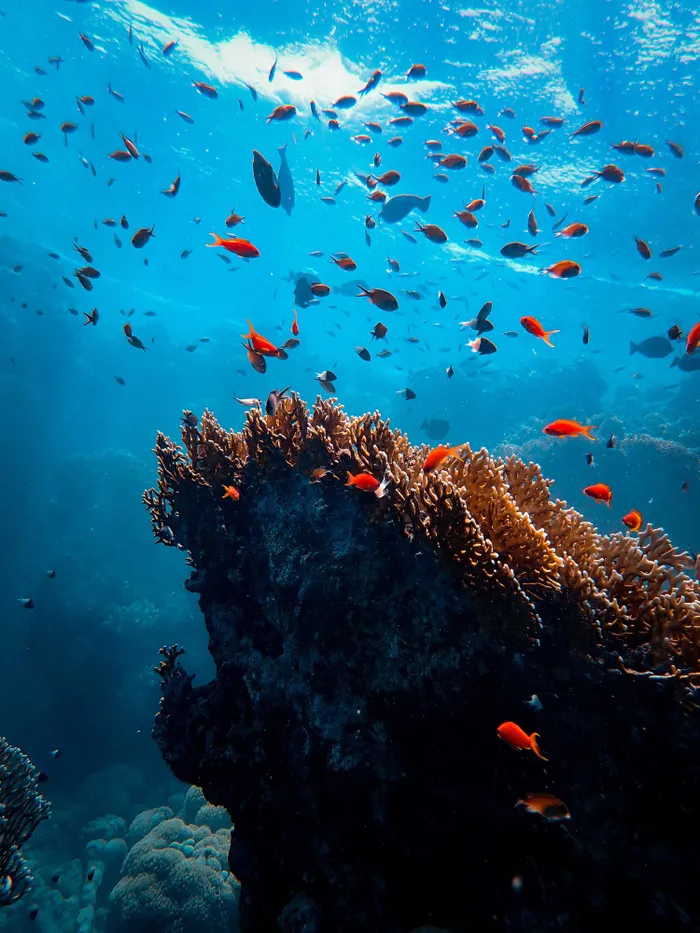South Africa's oceans could hold key in fight against cancer
PRESERVE BIODIVERSITY

The discovery of Cephalostatin-1 highlights the untapped potential of South Africa's marine biodiversity and underscores the need to preserve these waters.
Image: File / Pexels
The Department of Forestry, Fisheries and the Environment (DFFE) is highlighting the significance of a previously discovered scientific breakthrough from South Africa's deep-sea waters.
Cephalostatin-1, a powerful anti-cancer compound found in the rare marine worm Cephalodiscus gilchristi, has been hailed by the United States National Cancer Institute as one of the most potent anti-cancer agents ever tested.
Discovered around 1990, Cephalostatin-1 has shown significant success in selectively killing cancer cells. According to Minister of Forestry, Fisheries and the Environment, Dr Dion George, "This is a shining example of the treasures our oceans hold. Protecting our oceans is not just about conserving nature – it's about saving lives, creating jobs, and securing our future."
The discovery of Cephalostatin-1 underscores the untapped potential of South Africa's marine biodiversity and highlights the critical need to preserve these waters. It is also creating new opportunities for researchers, biotech innovators, and marine scientists, while reinforcing South Africa's role as a leader in global medical research.
The DFFE is committed to defending South Africa's marine ecosystems through expanding marine protected areas, enforcing pollution control, and promoting sustainable fishing practices.
By protecting the oceans, the Department aims to preserve biodiversity, support communities that depend on the sea, and promote responsible marine science and environmental stewardship.
Related Topics: